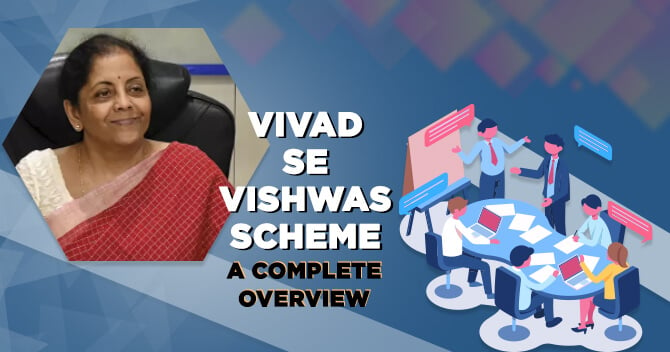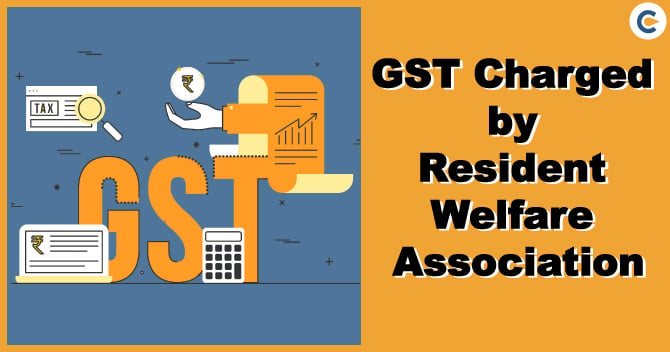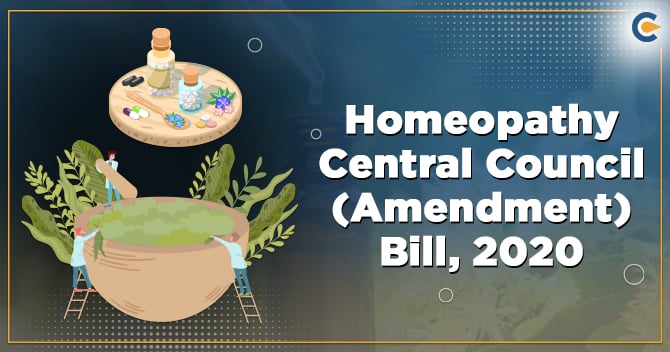Budget 2020 introduced a bill in the Parliament containing details of the Direct Tax Dispute Settlement Scheme – Vivad Se Vishwas.
This bill proposes discounted or less payment for the dispute settlement. The condition is- only if the taxpayer makes the payment before or on 31 March 2020.
If any taxpayer wants to avail the benefit of this bill after or on 1 April 2020, he/she has to pay a certain percentage of disputed penalty, or interest, or fee.
As per the bill, the Government is yet to notify the last date of the Vivad Se Viswas scheme. However, Nirmala Sitharaman, the Finance Minister of India[1], mentioned June that 30, 2020, is the last date of the scheme in her budget speech.
The Objective of Vivad Se Vishwas Scheme
The main objective of Vivad Se Vishwas Scheme is covering all the matters pending (before 31 January 2020) on any appellate forum. Now the taxpayers can end their ongoing tax disputes by withdrawing their appeals. Not only that but also by filing a declaration form and paying the disputed tax.
As per the Vivad Se Vishwas bill, the taxpayer needs to pay the same amount, as the designated authority has determined in the certificate within 15 days span, which starts from the date of receiving the same. Next, the taxpayer has to intimate the details of this payment to the designated authority in the provided form, and after that, the designated authority must pass an order, which will state that the taxpayer has paid the amount.
Current Situation of Dispute
At the present time, 4.83 lakh direct tax cases are pending in different appellate forums. Ex- Income Tax Appellate Tribunal (ITAT)[2], Commissioner (Appeals), High Court, and Supreme Court. But with the proposed scheme, now a taxpayer needs to pay only the disputed tax amount. Alongside, the person will get all waiver of interest and penalty. Here is a condition- only if the taxpayer pays the disputed amount before or on 31 March 2020.
The benefit of the Scheme
Vivad Se Vishwas scheme will bring finality to all those tax litigation, pending for a long time for the taxpayers and in various appellate platforms. If the tax authorities take this as a campaign and educate the taxpayers about the effectiveness of this scheme, the Government and taxpayers both will be in a win-win situation.
Amount Payable for Resolution of Disputes
Here we have furnished the details of the payable amount corresponding to the deadline-
| Disputes relating to | Payable before 31 March 2020 | Paid after 31 March, 2020 but on or before 30 June 2020 |
| Payment of tax | 100% amount of disputed tax (any interest or penalty associated with such tax will be waived) | 110% of the amount of disputed tax or Whichever is lower-disputed interest or disputed penalty related to the tax |
| Payment of fee, interest or penalty | 25% of the amount under such dispute | 30% of the amount under such dispute |
The Exclusion from the Vivad Se Vishwas Scheme
Those taxpayers who have tax arrears regarding disputes won’t be able to avail of the Vivad Se Vishwas scheme. Type of tax arrears related disputes are as follows-
- Disputes relating to an assessment year in regards to which an assessment has been made as per section 153A or section 153C of the Income-tax Act, and if it relates to any tax arrear
- Disputes relating to an assessment year for which prosecution got instituted by the date of filing of declaration
- Tax disputes relating to any undisclosed income from a source which is outside India or any undisclosed asset outside India
- If a taxpayer has appealed to Commissioner regarding any tax dispute, and a notice has been issued under section 251 of Income-tax Act in respect to that appeal by the specified date, the person won’t be eligible
- Tax disputes related to an assessment or reassessment made upon the information received under an agreement which refers to section 90 or section 90A of the Income-tax Act, and if it relates to any tax arrear, the taxpayer can’t avail Vivad Se Vishwas scheme.
Read our article:Section 80GGB and Section 80GGC: Tax Deductions from Donations to Political Parties










